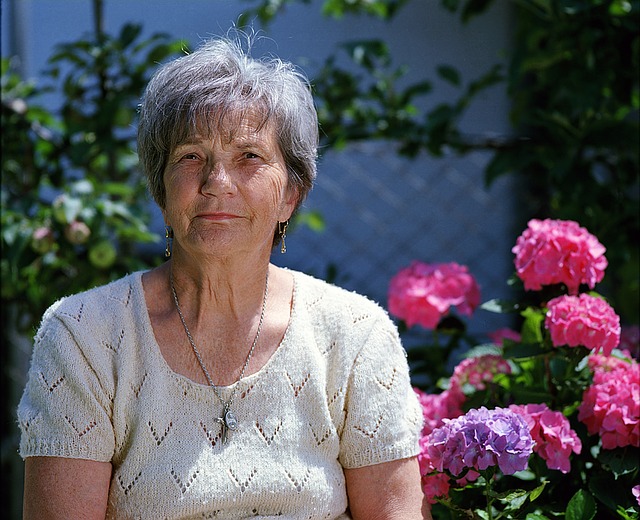POSTED IN: Estate Planning (Wills, Trusts, and Powers of Attorney)
TAGS: Aging Well
Share this
By now, many of us have heard of the term “Elder Orphan.” An elder orphan has no adult children, spouse or companion to rely on for company, assistance or input.
This growing issue has captured the attention of the news media in the last 6 months:
Kaiser Health News: Without Safety Net Of Kids Or Spouse, ‘Elder Orphans’ Need Fearless Fallback Plan
The Washington Post: ‘Elder orphans,’ without kids or spouses, face old age alone.
Forbes: Elder Orphans: 5 Keys To A Better Retirement Without Children
Nearly 1/3 of all 45-to-63-year-olds are single (either never married or are now divorced). There is also a growing number of “solo-agers,” or older adults without children, living alone. Currently, about 29% (13.3 million) of non-institutionalized older persons live alone. The majority of those are women (9.2 million, vs. 4.1 million men).
More troubling, many elder orphans have not identified a potential caregiver, and many of them have no identifiable friends or family members to lean on.
Having a negligible support system leaves many older adults vulnerable to subpar care and financial exploitation. Care partners for older adults and for adults with disabilities take on a multitude of tasks including caring for the home, bill paying, hiring long-term care providers, coordinating with medical providers, managing medications, handling health insurance decisions, overseeing nutrition and transportation issues, and much, much more. When necessary, many care partners become the financial and/or healthcare agents, making decisions for the older or disabled adult.
Options for older adults without family are very limited.
Whenever we present to community members about elder law issues, we always urge the attendees to update their powers of attorney, advance directives for healthcare, and wills/trusts. Over the last year, we have noticed that at least one attendee in every audience asks, “What do I do if I have no one to name in my POA? Who can make decisions for me if I have no one?”
Hurley Elder Care Law can be a healthcare and financial agent.
In our March newsletter, we announced the addition of our Aging Ally services. The Aging Ally is a service offered by Hurley Elder Care Law to help older adults in Georgia age with a safety net. Intended to provide extra support to older adults who do not have a designated healthcare and/or financial agent, Hurley Elder Care Law can now step into that role, becoming a hired advocate and decision-maker when necessary.
Our team of professionals can provide decision-making services, oversight of healthcare and financial affairs, and protection of financial and physical well-being.
If you are interested in learning more about Hurley Elder Care Law’s Aging Ally services, please contact our office in order to make an appointment with one of our Certified Elder Law Attorneys (CELA). We begin each relationship with a phone call and an in-person assessment with our team. You can reach us at (404) 843-0121 or through our website.
Share this
Subscribe to our blog and monthly newsletter.











